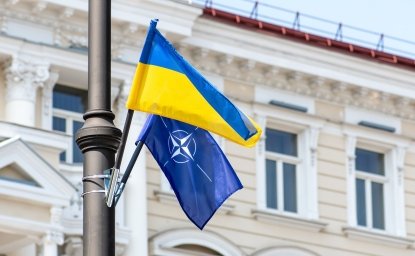The Latest
In parliamentary elections in South Korea, the opposition-led, progressive Democratic Party (DPK) gained 170 seats in the 300-seat parliament, resulting in a significant defeat for President Yoon and his People Power Party (PPP). Kayla Orta, Senior Program Associate for the Hyundai Motor-Korea Foundation Center, provides insights into why South Koreans voted the way they did, the impact the results will have on the remainder of Yoon’s presidency, and the implications for the president’s foreign policy agenda.
Video Transcript
-
Implications of Opposition's "Landslide" Victory in Korea's Elections
Guest


Hyundai Motor-Korea Foundation Center for Korean History and Public Policy
The Center for Korean History and Public Policy was established in 2015 with the generous support of the Hyundai Motor Company and the Korea Foundation to provide a coherent, long-term platform for improving historical understanding of Korea and informing the public policy debate on the Korean peninsula in the United States and beyond. Read more

Explore More
Browse Insights & Analysis
Greenland’s New Governing Coalition Signals Consensus

The Future of France's Far-Right Party

Ukrainian Issue in Polish Elections






